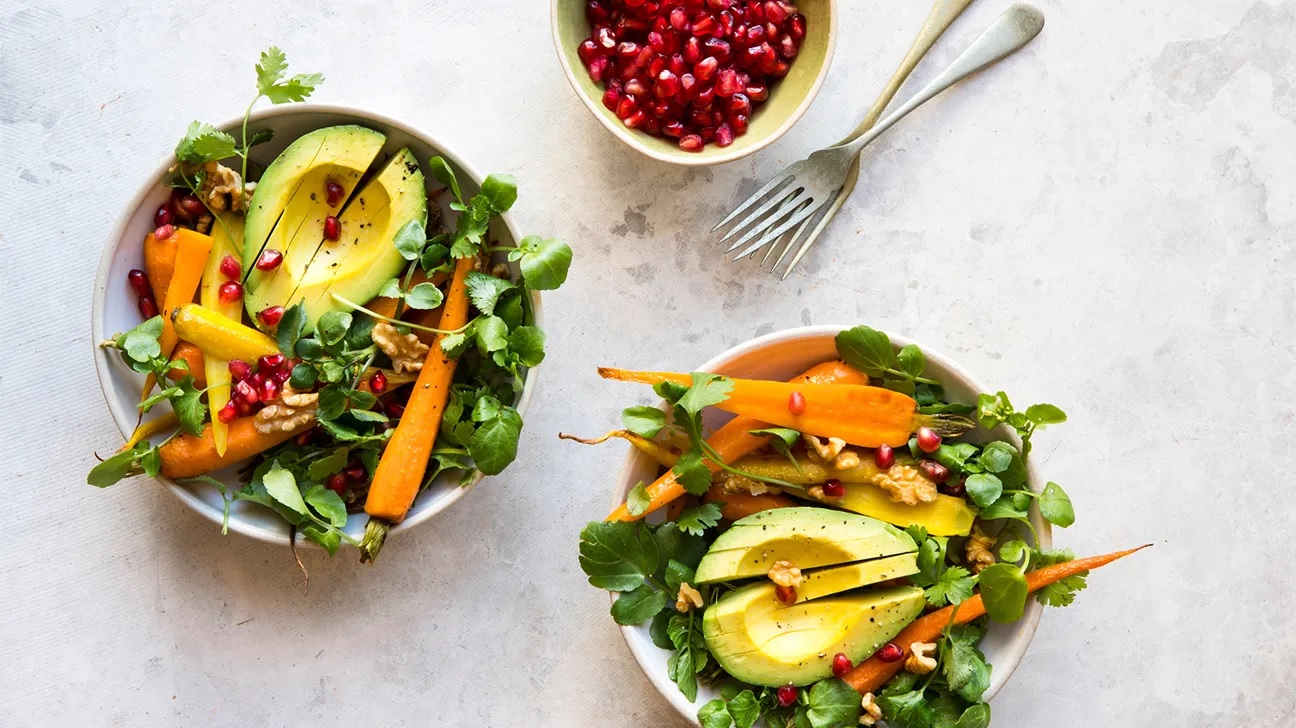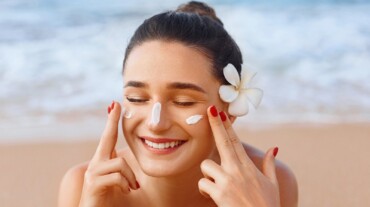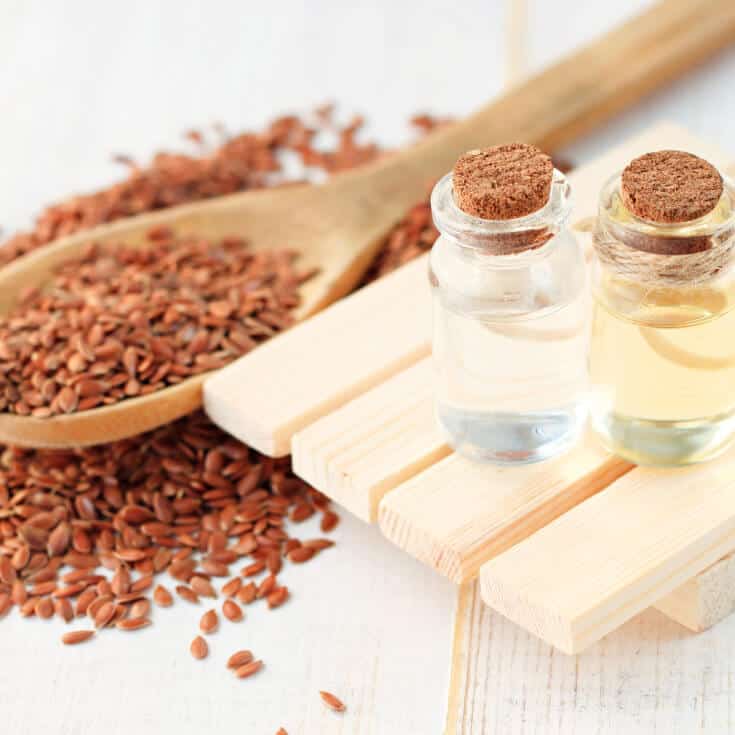Dhealthwellness.com – Diet is an important part of keeping skin healthy. It can affect skin tone, elasticity, and resiliency. Some foods are rich in vitamins and nutrients that are beneficial to the skin. Vitamin C is a powerful antioxidant that helps fight free radical damage and promotes the production of collagen. It is also helpful for fighting inflammation, which can lead to various types of skin problems. There are many ways in which vitamin C improves the appearance of the skin.
Effective Ways to Keep Skin Looking Young
One of the most effective ways to maintain youthful-looking skin is to increase the number of fruits and vegetables that you eat. Fruit and vegetables contain powerful antioxidants, which protect the skin from the cellular damage caused by free radicals, which are responsible for aging spots and wrinkling. Aim for at least five servings of fruits and vegetables every day. Consume foods that are rich in betacarotene, which is found in carrots and pumpkin, and lutein, which is found in kale, papaya, and spinach. These nutrients are essential to skin health and normal cell development.
Zinc has many benefits, including anti-inflammatory and antioxidant properties. It also plays a crucial role in wound healing. People with zinc deficiencies are at a higher risk of developing skin problems and impaired wound healing. Zinc has also been shown to help a number of dermatological problems, including inflammatory skin diseases like acne, warts, and pigment issues such as melasma. If you are unsure of the best food for your skin condition, talk to your doctor or dermatologist.

Vitamins and minerals are also vital for skin health. Dietary sources of vitamins A, D, E, and K are all excellent sources of these nutrients. It is also important to avoid UV-light exposure, as it damages collagen and elastin. Keeping skin healthy and looking radiant is a great way to boost your self-confidence and self-esteem. So, don’t neglect your diet for the sake of your skin!
Prevents Sun Damage and Aging
Vitamin E is a great antioxidant and can prevent wrinkles and make your skin feel smoother. However, recent research warns that taking too much vitamin E can be harmful, so you should aim to take 400 IU per day. Vitamin E can be combined with vitamin C in a lotion for skin care and can prevent sun damage and aging. A lot of people don’t realize that Vitamin E can also fight bacterial infections and increase the skin’s elasticity.
Sea moss is another source of antioxidants and is known as Irish moss. It is rich in omega-3 fatty acids and minerals and has been used by many cultures for centuries to prevent acne and fight inflammation. It can also combat the effects of free radicals. It’s also found in Hailey Bieber’s smoothie. In addition, it contains the antioxidant anthocyanins, which help prevent UV-induced skin damage.

Vitamin C is a powerful antioxidant and a popular ingredient in skin care products. It is a water-soluble, photosensitive nutrient that protects the skin against damage. It is not synthesized in the human body, so an adequate dietary intake is essential. Natural sources of vitamin C include citrus fruits and blackcurrant. It is important to note that the stability of vitamin C varies based on its formulation and aggregate condition.
Flaxseeds and Soybeans are Beneficial for the Skin
Flaxseeds and soy are two other food sources of omega-3 fats that are beneficial for the skin. Flaxseeds and soybeans contain isoflavones, a type of compound that may play a role in skin protection. A 2017 study showed that soy and isoflavones helped reduce fine wrinkles on women’s skin. This might have even more impact on skin texture during menopause when hormone levels are reduced and the elasticity of the skin decreases.

Avocados are another food source rich in healthy fats and vitamin E. They may protect the skin from the damage caused by ultraviolet (UV) rays, a common cause of wrinkles. Avocados also contain compounds that protect the skin from visible radiation and sun damage. Olive oil is also an excellent source of vitamin E. One study in 2012 found that a diet rich in olive oil reduced the appearance of wrinkles. The nutrients in avocados can help with acne and psoriasis.
Reference:
